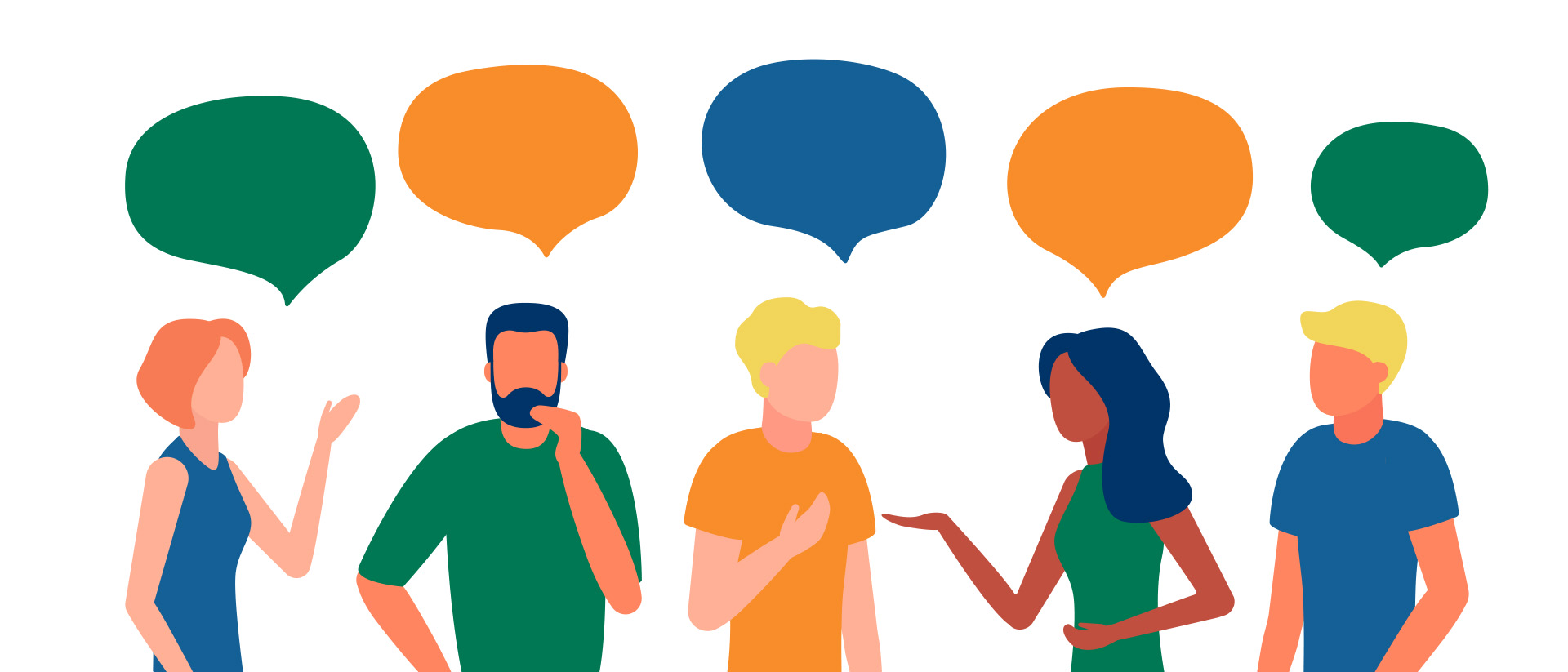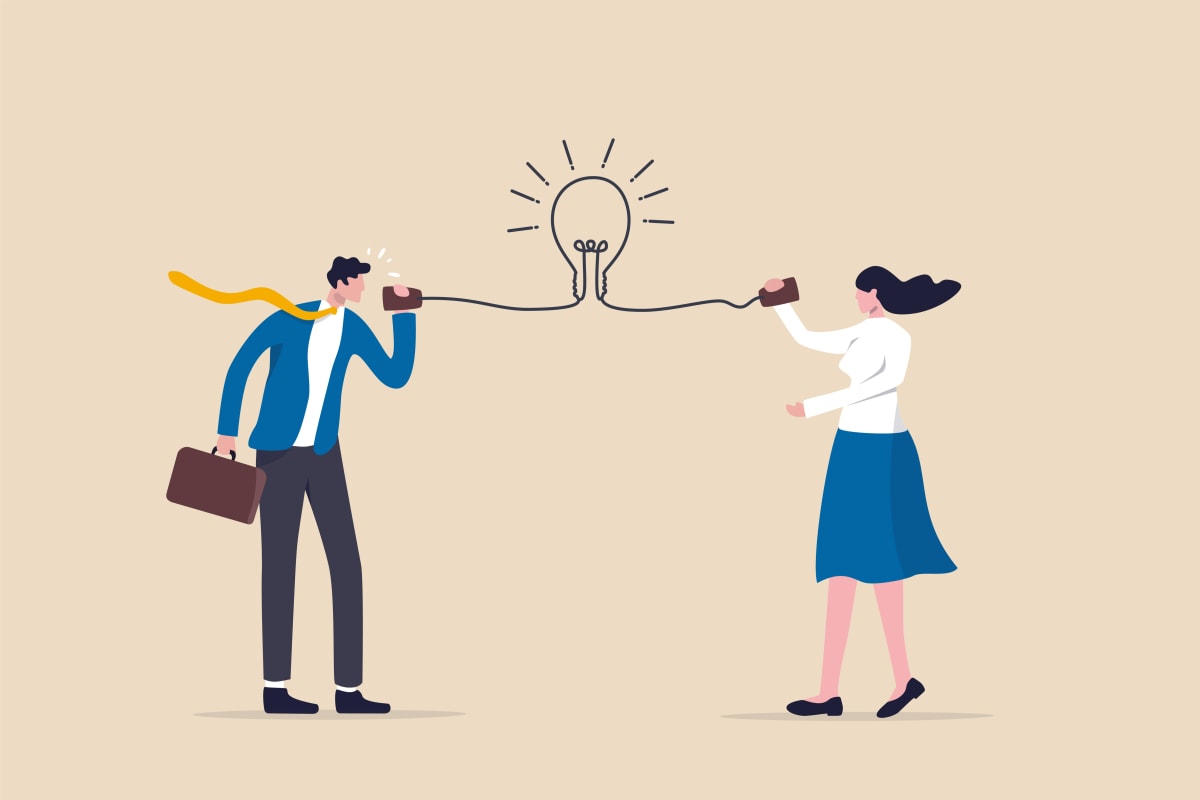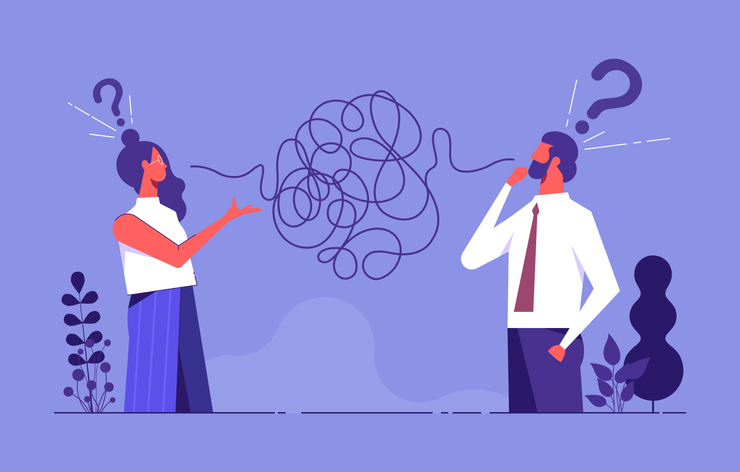Effective Communication Skills: Building Stronger Relationships
Communication is the lifeblood of human interaction. It's the foundation upon which we build relationships, express our thoughts, share our feelings, and connect with others. Yet, effective communication is a skill that eludes many, leading to misunderstandings, conflicts, and strained relationships. In this blog post, we'll explore the fascinating world of effective communication skills and how mastering them can pave the way to stronger, more fulfilling relationships.
What is Effective Communication?
Effective communication goes beyond mere exchange of words. It's about conveying messages clearly and accurately, while also listening attentively and empathetically. It involves not just what we say, but how we say it, as well as our body language, tone of voice, and emotional intelligence.
Think about it—how many times have you found yourself in a situation where you said something with good intentions, only to have it misinterpreted or misunderstood by the other person? Effective communication aims to minimize such instances by fostering understanding and mutual respect.
Key Aspects of Effective Communication
1. Active Listening
One of the fundamental aspects of effective communication is active listening. This means giving your full attention to the speaker, without interrupting or formulating your response while they're still talking. Active listening involves not only hearing the words being said but also understanding the underlying emotions and intentions behind them.
Imagine a scenario where your friend is venting about a tough day at work. Instead of immediately offering solutions or trying to relate by sharing your own experiences, try simply listening and acknowledging their feelings. This validates their emotions and strengthens your bond with them.
2. Clear and Concise Expression
Communication is most effective when messages are conveyed clearly and concisely. Avoiding ambiguity and using language that is easily understandable to the listener helps prevent misunderstandings. Pay attention to your tone of voice and body language, as they can significantly impact how your message is received.
Consider a workplace setting where instructions need to be communicated to a team. Clear and concise communication ensures that everyone understands their roles and responsibilities, leading to better productivity and teamwork.
3. Empathy and Understanding
Empathy is the ability to understand and share the feelings of others. It plays a crucial role in effective communication by fostering connection and trust. When we empathize with someone, we're better able to communicate in a way that resonates with them and addresses their needs.
For example, imagine consoling a friend who's going through a tough breakup. Instead of dismissing their feelings or offering empty reassurances, empathize with their pain and offer genuine support. This strengthens your bond and demonstrates your willingness to be there for them.
4. Nonverbal Communication
Nonverbal cues such as facial expressions, gestures, and body language can often convey more than words alone. Paying attention to these cues can help you better understand the speaker's emotions and intentions, leading to more effective communication.
Think about a job interview where the interviewer nods and maintains eye contact while you're speaking. These nonverbal cues signal interest and engagement, making you feel more comfortable and confident during the conversation.
Relevance of Effective Communication in Relationships
Effective communication is the cornerstone of healthy relationships, whether they're personal or professional. Here's why it's so crucial:
1. Builds Trust and Intimacy
Open and honest communication fosters trust and intimacy in relationships. When you feel comfortable expressing your thoughts and feelings without fear of judgment, it strengthens your bond with the other person.
2. Resolves Conflicts
Conflicts are inevitable in any relationship, but how they're handled can make all the difference. Effective communication allows parties to express their concerns calmly and respectfully, leading to mutually satisfactory resolutions.
3. Enhances Collaboration
In professional settings, effective communication is essential for successful collaboration and teamwork. When team members can communicate clearly and openly, it streamlines processes and boosts productivity.
4. Fosters Understanding
Effective communication helps bridge the gap between individuals with different perspectives and backgrounds. By actively listening and empathizing with others, we can gain a deeper understanding of their thoughts and feelings.
Conclusion: Unlocking the Power of Effective Communication
In conclusion, mastering the art of effective communication is key to building stronger, more meaningful relationships. By actively listening, expressing ourselves clearly and empathetically, and paying attention to nonverbal cues, we can cultivate connections that stand the test of time.
Effective communication isn't just a skill—it's a lifelong journey of learning and growth. So, let's embark on this journey together, armed with the tools and insights to navigate the complexities of human interaction with grace and understanding. After all, the beauty of effective communication lies in its ability to transform relationships and enrich our lives in ways we never thought possible.






Comments
Post a Comment